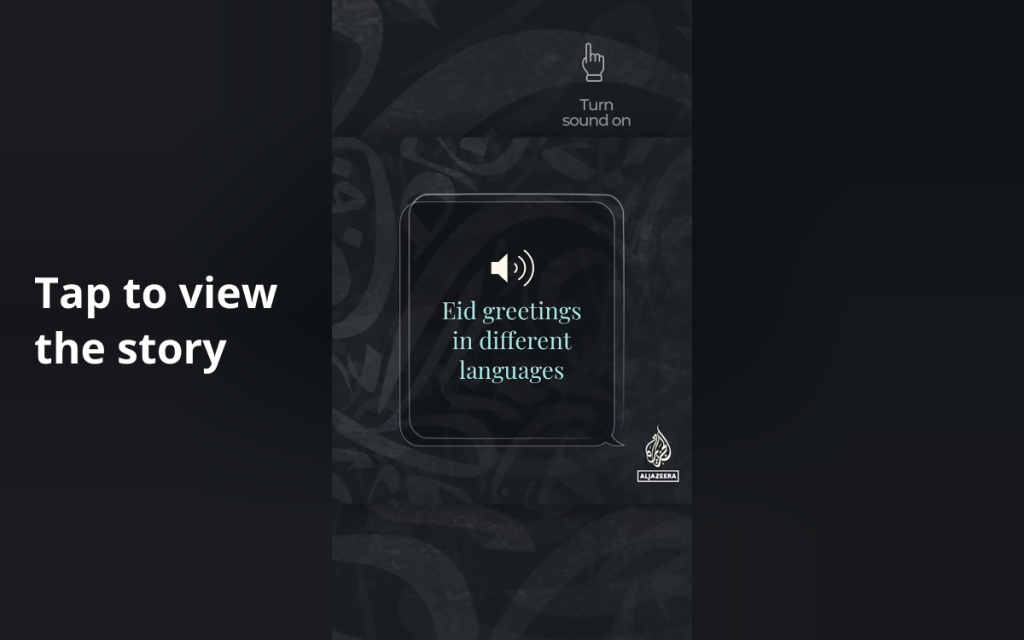Eid is a special occasion celebrated by Muslims all over the world. It marks the end of Ramadan, a month of fasting and spiritual reflection. As part of the celebration, people exchange greetings and good wishes with each other. This article explores how Eid greetings are expressed in different languages in 2024.
In Arabic, the traditional greeting for Eid is “Eid Mubarak”, which translates to “Blessed Eid”. This phrase is commonly used in many Muslim-majority countries, such as Saudi Arabia, Egypt, and the United Arab Emirates. It is a simple yet heartfelt way to convey best wishes for the holiday season.
In Persian, the equivalent greeting for Eid is “Eid-e-Shoma Mobarak”. This phrase is commonly used in Iran and among Persian-speaking communities around the world. It conveys the same sentiment of blessing and well-wishes for the holiday.
In Turkish, the greeting for Eid is “Iyi Bayramlar”, which translates to “Happy Holidays”. This phrase is used in Turkey and among Turkish-speaking communities in countries like Germany and Austria. It is a friendly and warm way to wish others a joyful Eid celebration.
In Urdu, the traditional greeting for Eid is “Eid Mubarak”. This language is spoken in Pakistan, India, and among South Asian communities around the world. The phrase is the same as in Arabic and is used to express blessings and good wishes for the holiday.
In Malay/Indonesian, the greeting for Eid is “Selamat Hari Raya”. This phrase is commonly used in Malaysia, Indonesia, and among Malay-speaking communities in Singapore and Brunei. It means “Happy Eid” and is a popular way to extend holiday greetings to others.
In Swahili, the greeting for Eid is “Eid Mubarak”. This language is spoken in East Africa, including countries like Kenya, Tanzania, and Uganda. The phrase is the same as in Arabic and Urdu, reflecting the widespread use of this traditional greeting among Muslim communities around the world.
In conclusion, Eid is a time of celebration and joy for Muslims around the world. The exchange of greetings and good wishes is an important part of the holiday traditions, helping to foster a sense of unity and solidarity within the community. Whether it is expressed in Arabic, Persian, Turkish, Urdu, Malay/Indonesian, or Swahili, the sentiment behind Eid greetings remains the same – to spread blessings, happiness, and goodwill to all.















